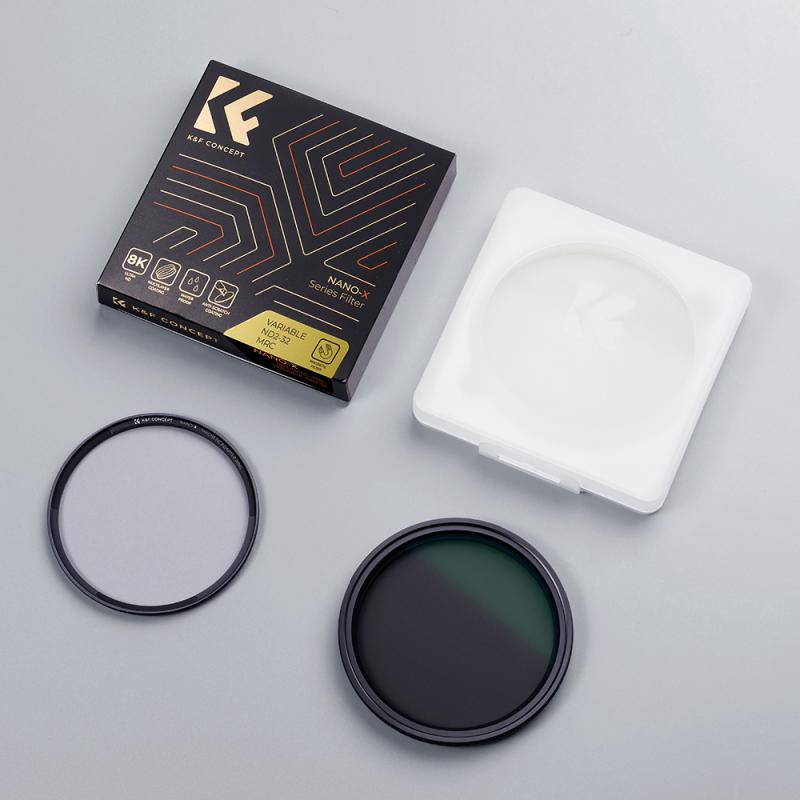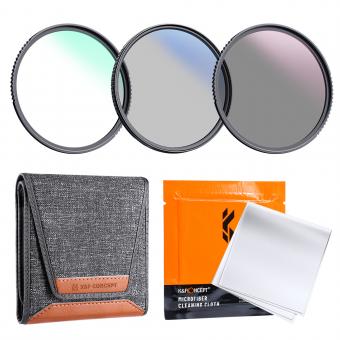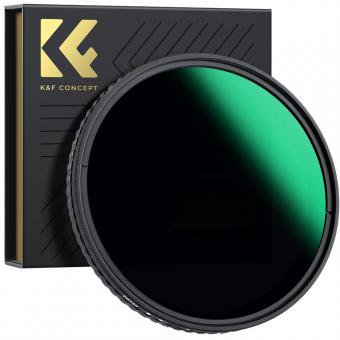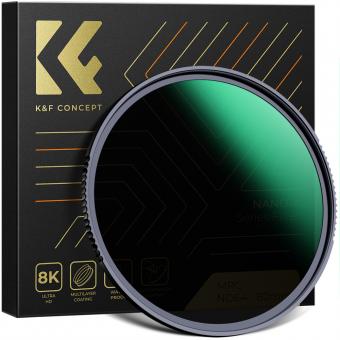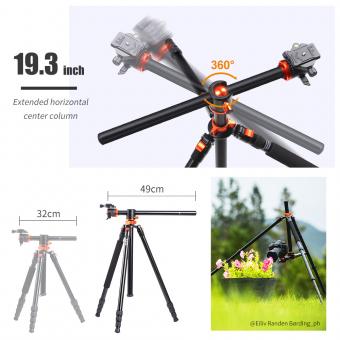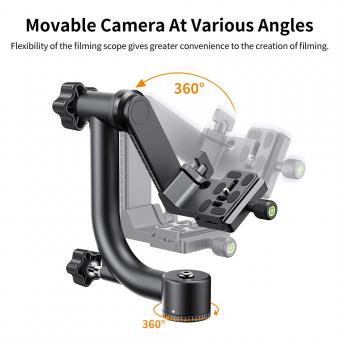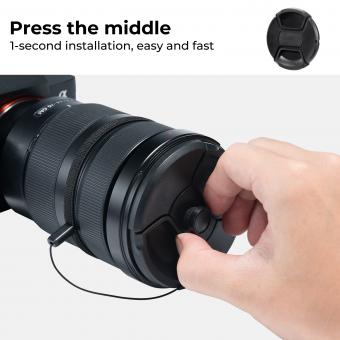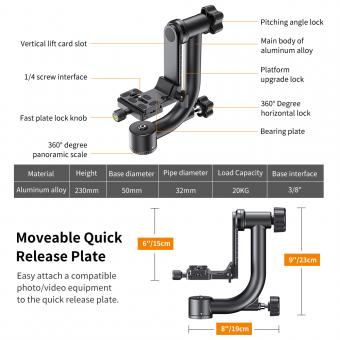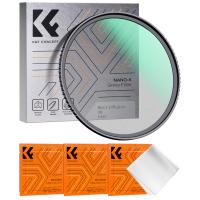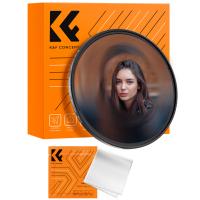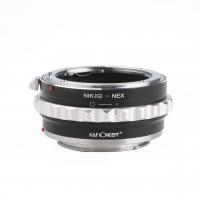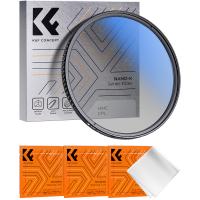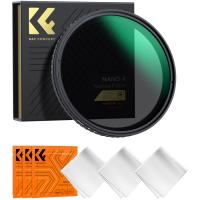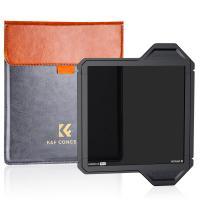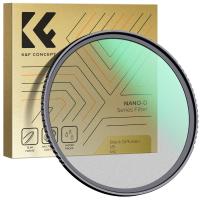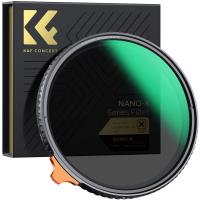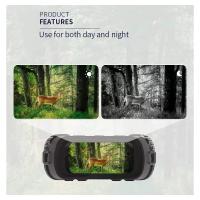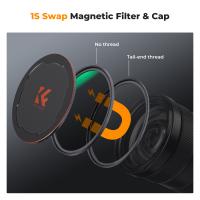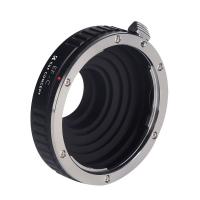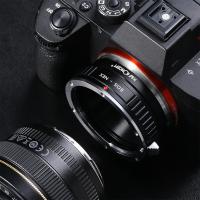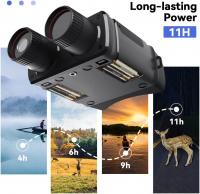Which Camera Filters To Buy ?
There are various camera filters available in the market, each serving a different purpose. Some popular filters include UV filters, polarizing filters, neutral density filters, and graduated neutral density filters. The choice of which filter to buy depends on the specific needs and preferences of the photographer. It is recommended to research and understand the purpose and effects of each filter before making a purchase decision. Additionally, considering the compatibility of the filter with the camera lens is important to ensure proper fit and functionality.
1、 UV filters for lens protection and reducing haze.
UV filters are a popular choice among photographers for lens protection and reducing haze. These filters are designed to block ultraviolet light, which can cause a bluish cast in images and potentially damage the lens. They act as a barrier between the lens and the elements, protecting it from scratches, dust, and moisture.
When it comes to choosing UV filters, there are several options available in the market. One important factor to consider is the quality of the filter. It is recommended to invest in high-quality filters from reputable brands to ensure optimal performance and minimal impact on image quality. Cheaper filters may introduce unwanted artifacts or reduce image sharpness.
Another consideration is the size of the filter. It should match the diameter of your lens. Most lenses have the filter size indicated on the front, making it easy to find the right fit. Additionally, some filters are multi-coated, which helps reduce reflections and flare, resulting in better image quality.
It is worth noting that the use of UV filters for lens protection has been a topic of debate among photographers. Some argue that modern lens coatings are sufficient to protect the lens, while others believe that an extra layer of protection is beneficial. Ultimately, the decision to use a UV filter for lens protection depends on personal preference and shooting conditions.
In recent years, there has been a shift in the photography community towards using lens hoods for protection instead of UV filters. Lens hoods can help shield the lens from direct impact and reduce the risk of damage without introducing any potential image quality issues.
In conclusion, UV filters can be a valuable addition to your camera gear for lens protection and reducing haze. When choosing a filter, opt for high-quality options from reputable brands and ensure the correct size for your lens. However, it is also worth considering alternative options such as lens hoods for lens protection. Ultimately, the decision should be based on personal preference and shooting conditions.
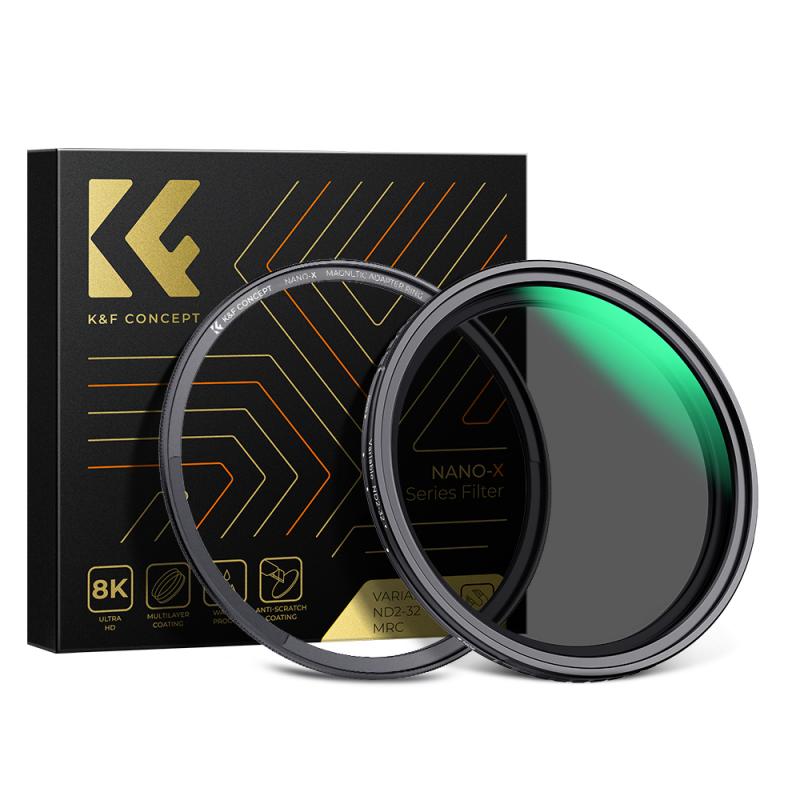
2、 Circular polarizing filters for reducing reflections and enhancing colors.
Circular polarizing filters are an essential tool for photographers looking to reduce reflections and enhance colors in their images. These filters work by selectively blocking certain polarized light waves, resulting in reduced glare and improved color saturation.
When it comes to choosing which circular polarizing filter to buy, there are a few factors to consider. Firstly, it's important to ensure that the filter is compatible with your camera lens. Check the filter thread size of your lens and make sure to purchase a filter that matches.
Additionally, the quality of the filter is crucial. Investing in a high-quality filter will ensure optimal performance and image quality. Look for filters made from high-quality materials, such as multi-coated glass, which helps to minimize reflections and maintain image sharpness.
Another consideration is the brand reputation and customer reviews. Research different brands and read reviews from other photographers to get an idea of the filter's performance and durability.
Lastly, consider the price range that fits your budget. While there are affordable options available, keep in mind that cheaper filters may not offer the same level of performance and durability as more expensive ones.
In terms of the latest point of view, advancements in filter technology have led to the development of filters with improved coatings, resulting in better light transmission and reduced flare. Some filters also feature slim designs to prevent vignetting when used with wide-angle lenses.
Overall, circular polarizing filters are a valuable addition to any photographer's toolkit. They can help to reduce unwanted reflections, enhance colors, and improve overall image quality. By considering factors such as compatibility, quality, brand reputation, and price, photographers can make an informed decision on which filter to buy.
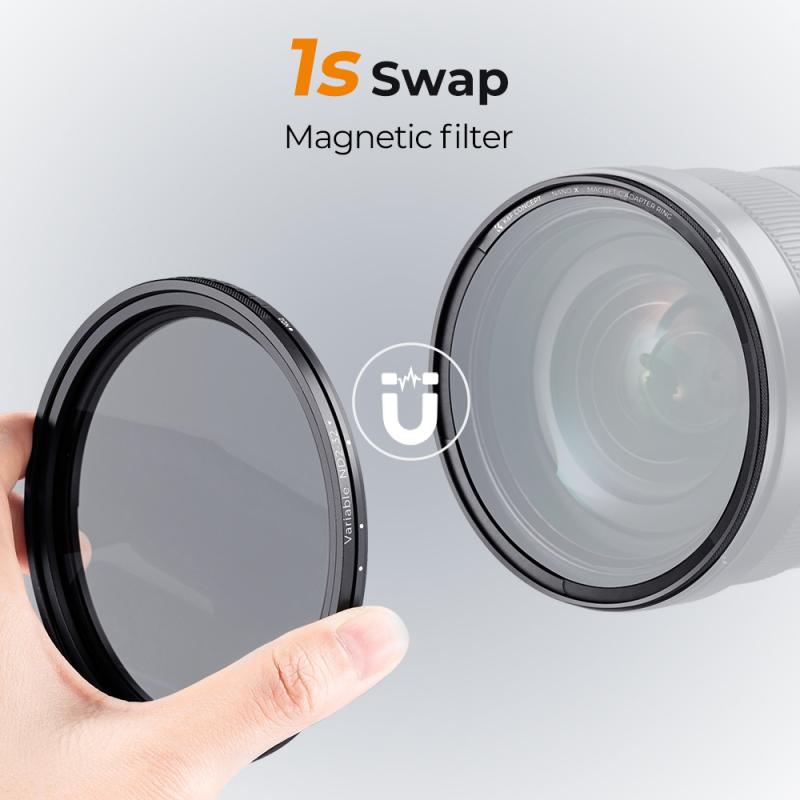
3、 Neutral density filters for controlling exposure and creating motion blur.
Neutral density filters are an essential tool for photographers looking to control exposure and create stunning motion blur effects. These filters are designed to reduce the amount of light entering the camera without affecting the color or contrast of the image. By doing so, they allow photographers to use longer shutter speeds or wider apertures in bright conditions, resulting in creative and visually appealing shots.
When it comes to choosing the right neutral density filters, there are a few factors to consider. Firstly, the filter's density or strength determines how much light it blocks. Filters are available in various densities, typically measured in stops, ranging from 1-stop to 10-stop filters. The choice depends on the desired effect and the lighting conditions you frequently encounter.
Additionally, the size of the filter should match the diameter of your camera lens. It's important to invest in high-quality filters made from optical glass to ensure minimal distortion and maximum image quality. Some popular brands include B+W, Hoya, and Lee Filters.
As for the latest point of view, advancements in filter technology have led to the development of variable neutral density filters. These filters allow photographers to adjust the density by rotating the filter, providing greater flexibility in controlling exposure. They are particularly useful in situations where lighting conditions change rapidly, such as during outdoor shoots.
In conclusion, neutral density filters are a must-have for photographers looking to expand their creative possibilities. Whether you opt for fixed or variable filters, investing in high-quality options will ensure optimal image quality and allow you to capture stunning long-exposure shots and create captivating motion blur effects.
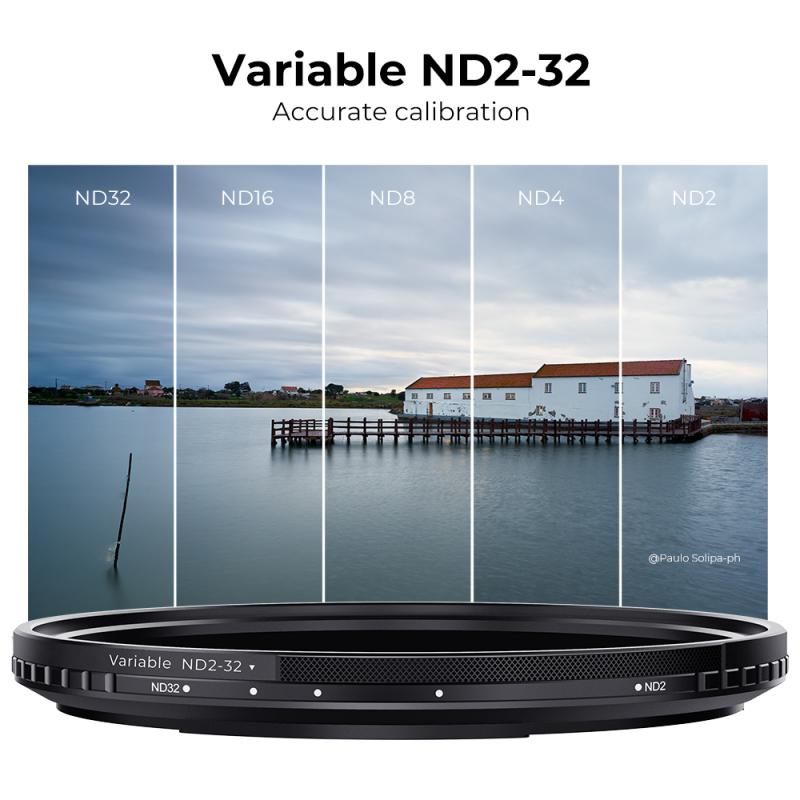
4、 Graduated neutral density filters for balancing exposure in landscape photography.
Graduated neutral density (ND) filters are an essential tool for landscape photographers looking to balance exposure in their images. These filters are particularly useful when capturing scenes with a significant difference in brightness between the sky and the foreground.
When choosing which camera filters to buy, it is important to consider the quality and compatibility with your camera system. Some popular options for graduated ND filters include those from reputable brands like Lee Filters, Singh-Ray, and Formatt-Hitech. These filters are available in various sizes and densities, allowing photographers to select the most suitable option for their specific needs.
The latest point of view in the world of graduated ND filters is the introduction of more advanced filter systems. These systems often include a filter holder that allows for easy adjustment and positioning of the filter. Additionally, some filters now come with a range of graduated densities, allowing photographers to have more control over the exposure balance in their images.
It is also worth considering the material of the filter. Glass filters tend to offer better image quality and durability compared to resin filters, although they can be more expensive. However, resin filters are often more lightweight and affordable, making them a popular choice for photographers on the go.
Ultimately, the choice of graduated ND filters depends on individual preferences and shooting style. It is recommended to do thorough research, read reviews, and even try out different filters before making a purchase. This will ensure that you invest in a filter system that meets your specific needs and helps you achieve the desired results in your landscape photography.
